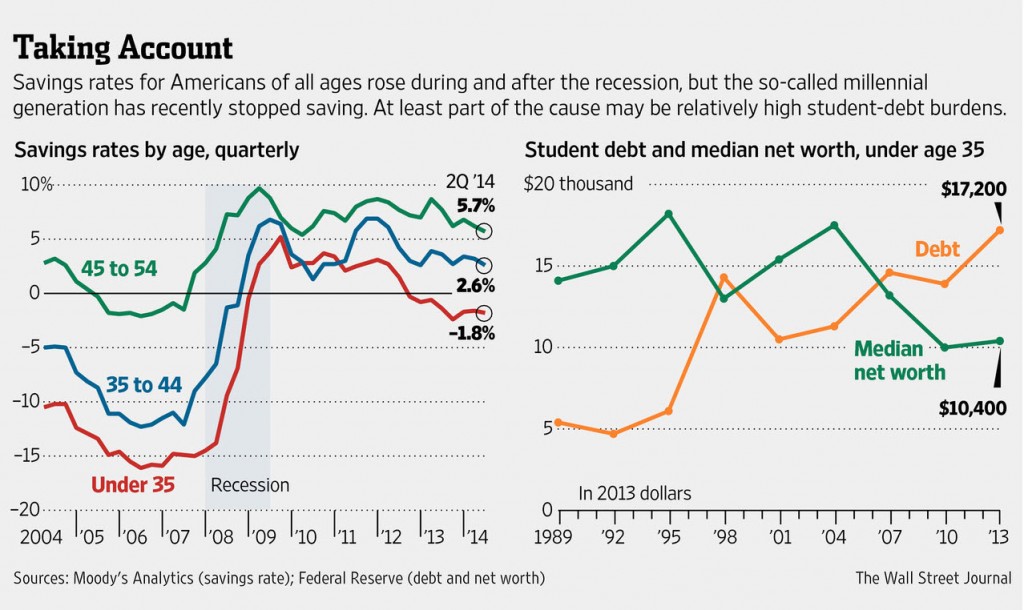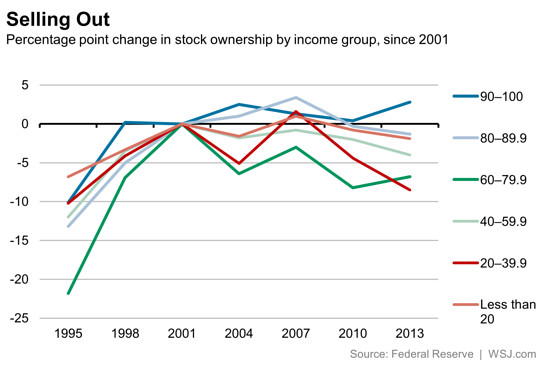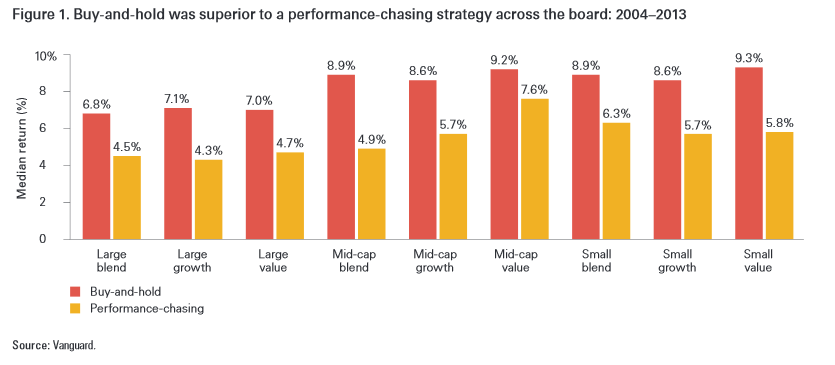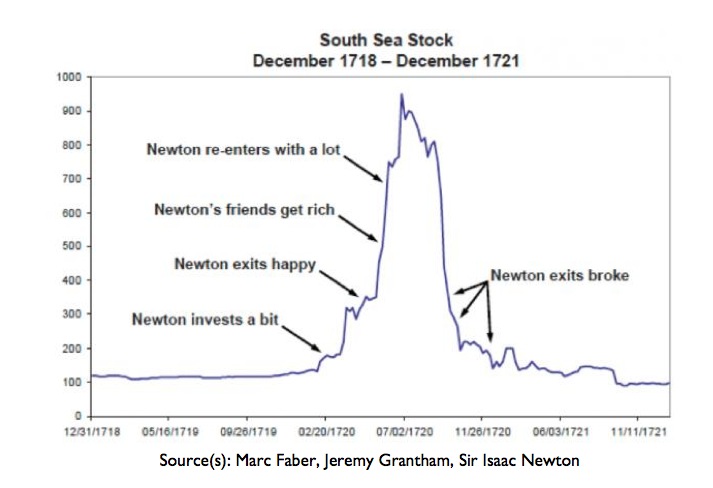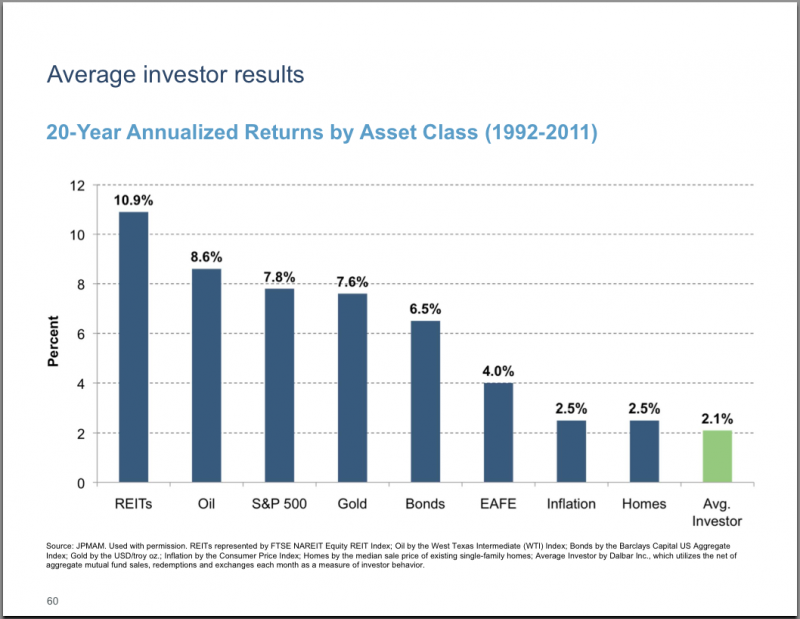A to Z of Behavioral Bias
 An A to Z list of common behavioral biases with brief descriptions, examples, causes, possible mitigations and suggested further reading courtesy the Psy-Fi Blog. Each of the links below takes you to the relevant post at Psy-Fi, so have fun and think about how they apply to your own investing habits:
An A to Z list of common behavioral biases with brief descriptions, examples, causes, possible mitigations and suggested further reading courtesy the Psy-Fi Blog. Each of the links below takes you to the relevant post at Psy-Fi, so have fun and think about how they apply to your own investing habits:
C is for Confirmation Bias
D is for Disposition Effect
E is for Ego Depletion
F is for Framing
G is for Gambler’s Fallacy
H is for Hindsight Bias
I is for Illusion of Control
J is for January Effect
K is for Kruger-Dunning Effect
L is for Loss Aversion
M is for Mental Accounting
N is for Negativity Bias
O is for Overconfidence
P is for Priming
Q is for Quantification Fallacy
R is for Representative Heuristic
S is for Self-Enhancing Transmission Bias
T is for Texas Sharpshooter Effect
U is for Uncertainty
V is for Von Restorff Effect
W is for Winner’s Curse
X is for Xenophobia
Y is for Yawn Effect
Z is for Zero-Risk Bias



